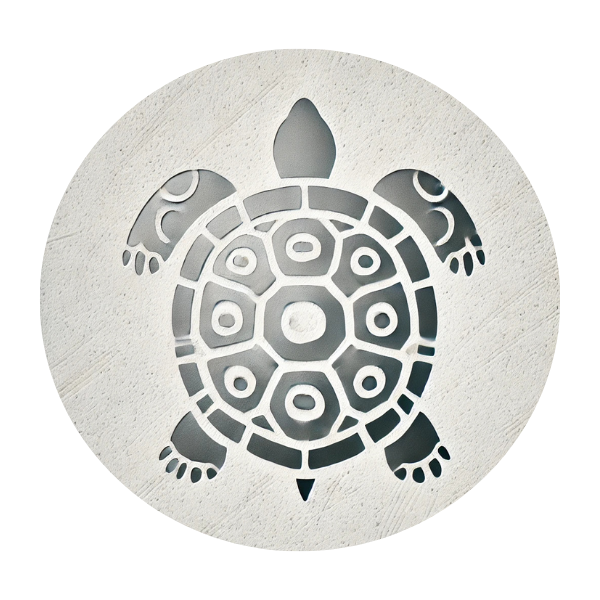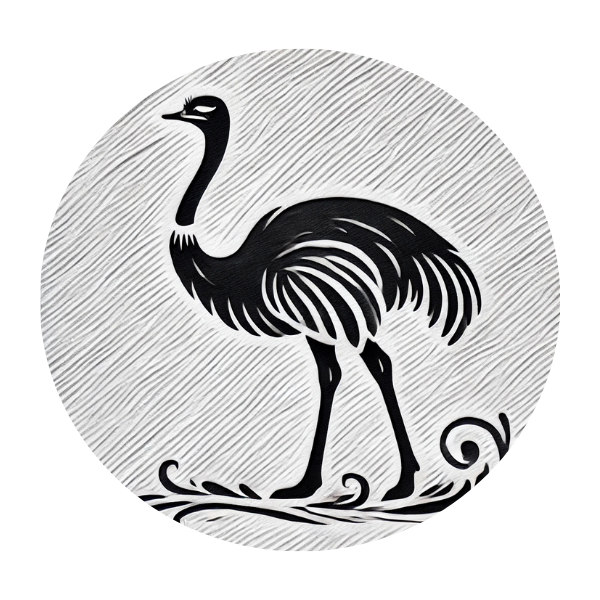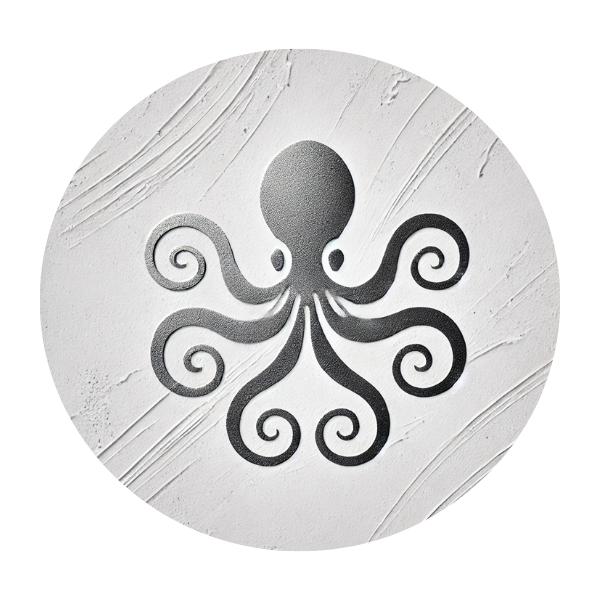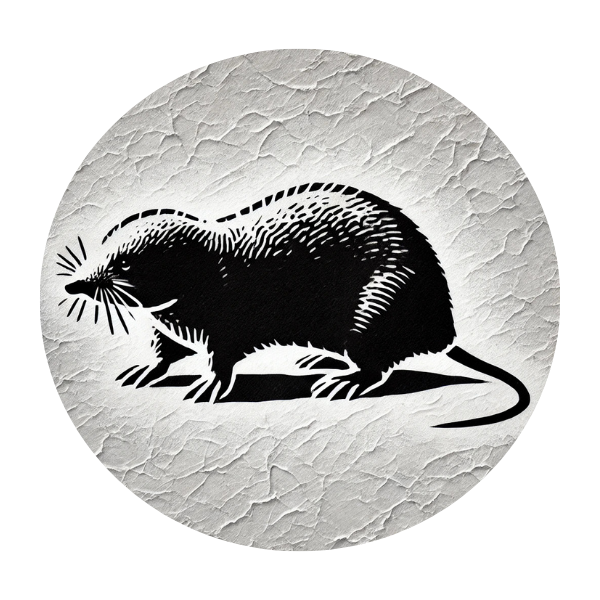EMBARRASSMENT
I accept moments of embarrassment as opportunities for self-awareness and growth
WHAT IS EMBARRASSMENT?
A self-conscious emotion characterized by feelings of awkwardness, shame, or discomfort in response to a socially awkward situation.
Synonyms: Fluster, Abashment .
Antonym: Pride
“When you embrace embarrassment instead of
fearing it, it loses its power over you.”
Seth Godin
HOW TO RECOGNIZE EMBARRASSMENT IN OTHERS
AND ONESELF
HOW TO RECOGNIZE
IN OTHERS
Body Language
Fidgeting, shifting weight, covering
face or neck
Facial Expressions
Blushing, forced or awkward smile,
avoiding eye contact
HOW TO RECOGNIZE
IN ONESELF
In the Body
Warmth or heat in the face and neck,
increased heart rate
In the Mind
Self-conscious thoughts, urge to escape
or hide
HOW TO RECOGNIZE EMBARRASSMENT IN OTHERS
AND ONESELF
HOW TO RECOGNIZE
IN OTHERS
HOW TO RECOGNIZE
IN ONESELF
Body Language
Fidgeting, shifting weight, covering
face or neck
In the Body
Warmth or heat in the face and neck,
increased heart rate
Facial Expressions
Blushing, forced or awkward smile,
avoiding eye contact
In the Mind
Self-conscious thoughts, urge to escape
or hide
How do I typically respond to embarrassment,
and how does that affect my confidence?
TIPS AND TRICKS ON HOW TO DEAL WITH THIS
EMOTION

Practice Child’s Pose (Balasana) while repeating affirmations like \"I accept myself as I am.\" Focus on grounding and releasing tension.

Stand in front of a mirror and say, \"It’s okay to make mistakes; I’m learning and growing,\" to reduce embarrassment.

Perform a body scan, identifying areas of tension related to embarrassment, and breathe deeply to release those feelings.

Write about a recent embarrassing moment and identify lessons or humorous perspectives to lighten its impact.

Watch a funny video or practice intentional laughter to shift focus and let go of self-consciousness.

Imagine a safe space where you’re embraced and supported, visualizing understanding and kindness from others.
CURIOUS FACTS ABOUT EMBARRASSMENT
ANIMALS ASSOCIATED WITH EMBARRASSMENT
Different animals are associated with different emotions in different cultures. Flip the coins to found out more:




